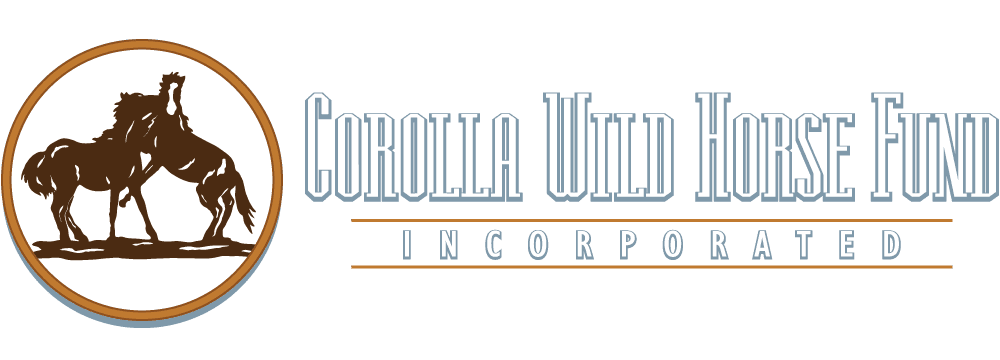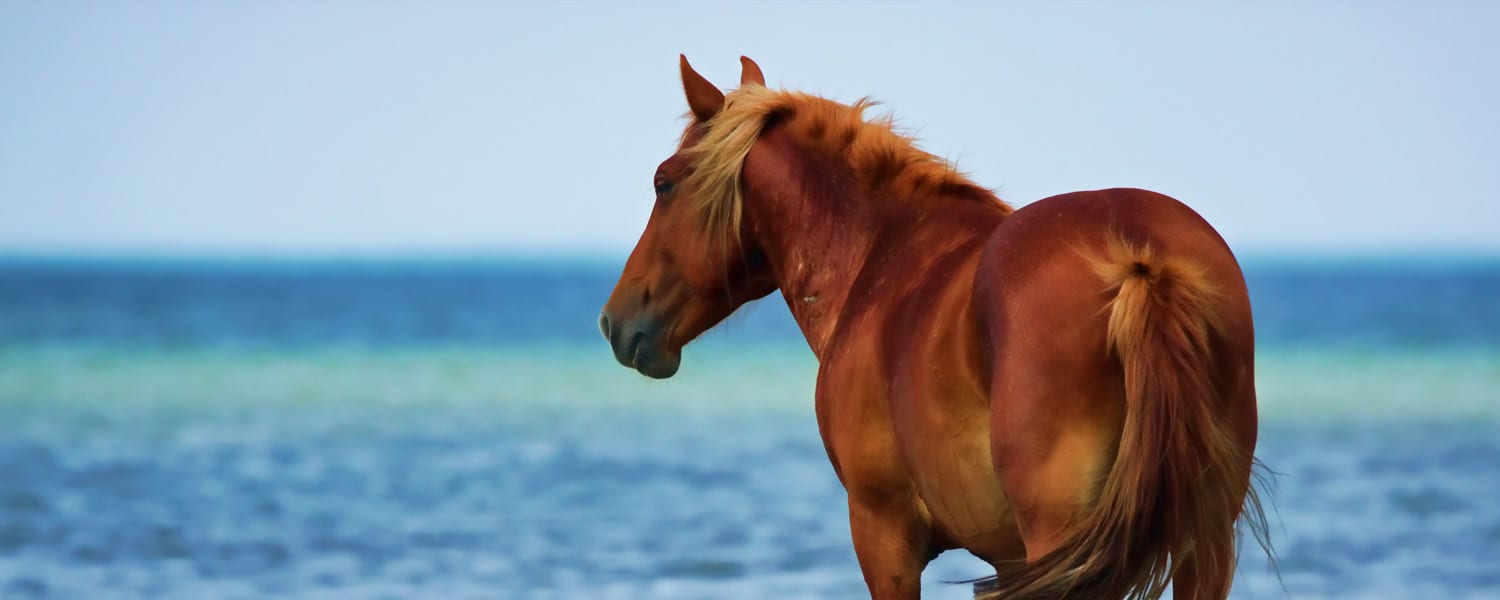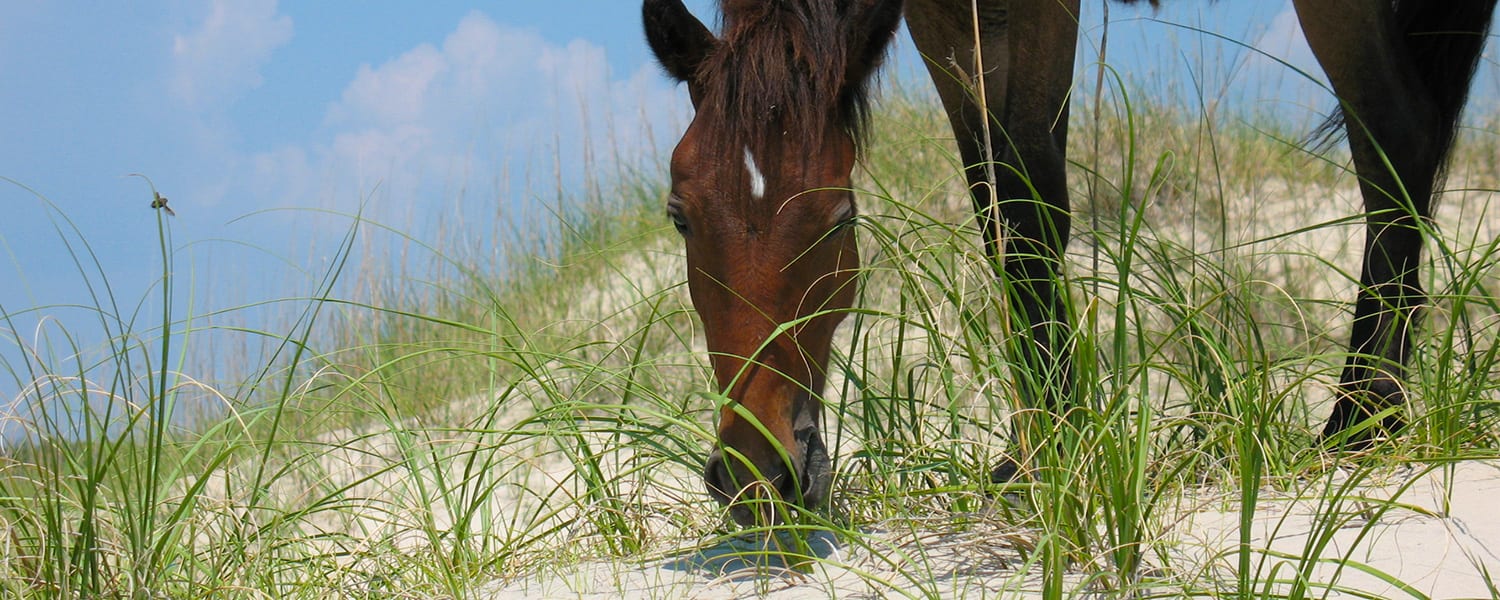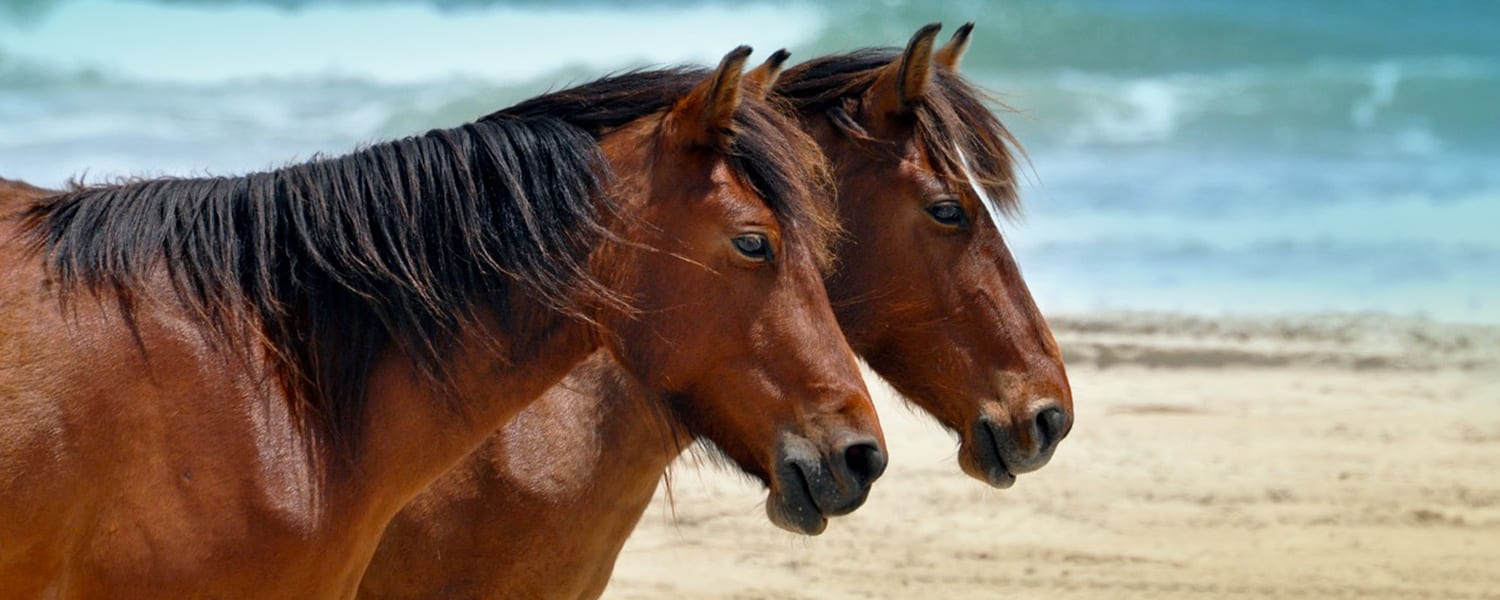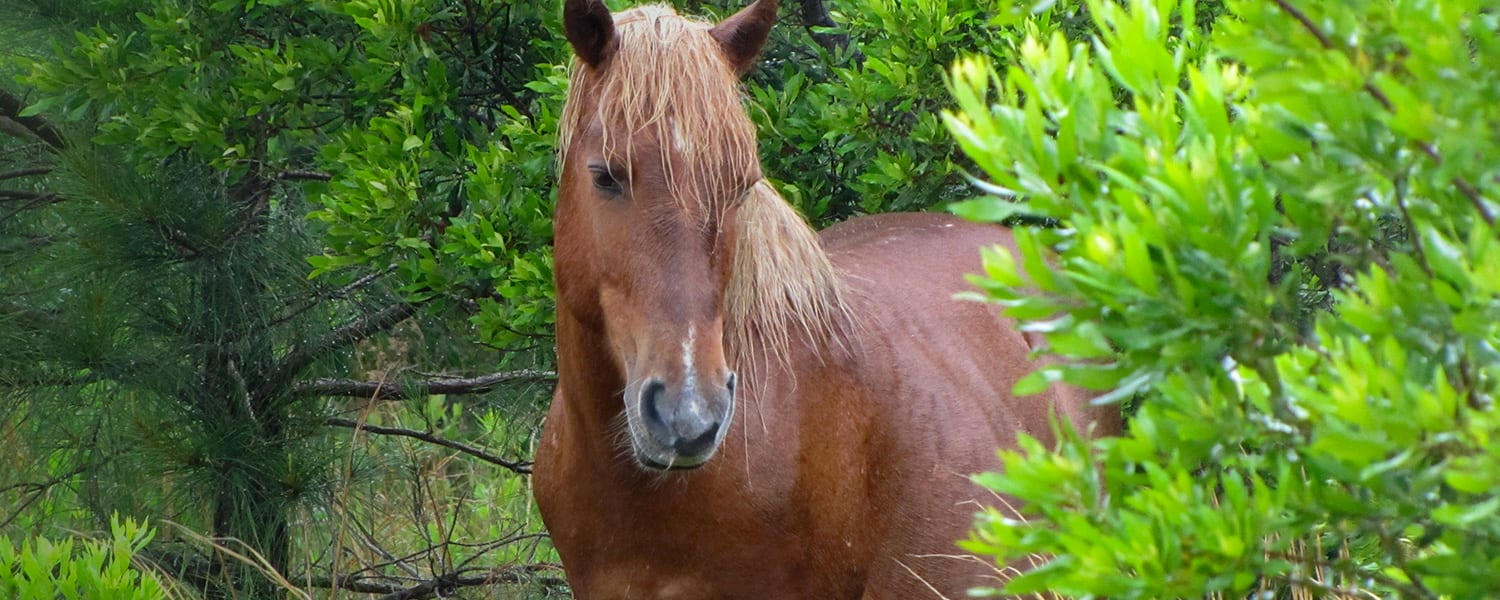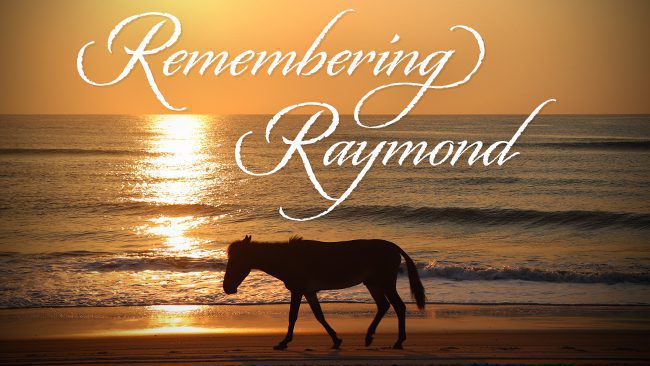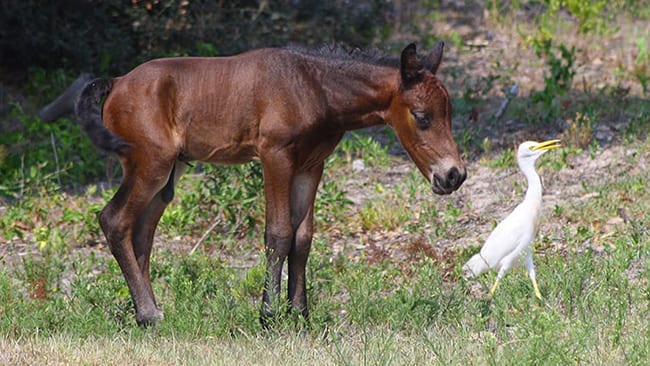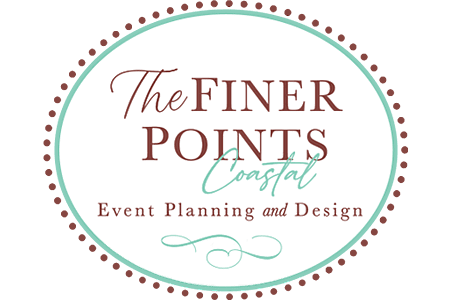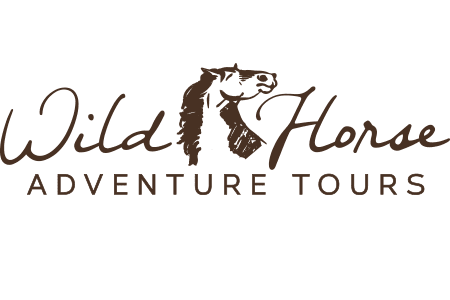 https://www.corollawildhorses.com/wp-content/uploads/2025/08/IMG_8079-scaled.jpg
2560
1920
Corolla Wild Horse Fund
https://www.corollawildhorses.com/wp-content/uploads/2024/01/CWHF-logo-2x.png
Corolla Wild Horse Fund2025-08-05 15:34:022025-10-10 20:00:45CWHF Soy Candle
https://www.corollawildhorses.com/wp-content/uploads/2025/08/IMG_8079-scaled.jpg
2560
1920
Corolla Wild Horse Fund
https://www.corollawildhorses.com/wp-content/uploads/2024/01/CWHF-logo-2x.png
Corolla Wild Horse Fund2025-08-05 15:34:022025-10-10 20:00:45CWHF Soy CandleOUR MISSION
To protect, conserve, and responsibly manage the herd of Corolla wild horses (Bankers) roaming freely on the northernmost Currituck Outer Banks, and to promote the continued preservation of this land as a permanent sanctuary for horses designated as the State Horse and defined as a cultural treasure by the state of North Carolina.
TAMING THE COROLLA HERD’S HISTORY WITH DNA TRACING
 https://www.corollawildhorses.com/wp-content/uploads/2025/08/IMG_8079-scaled.jpg
2560
1920
Corolla Wild Horse Fund
https://www.corollawildhorses.com/wp-content/uploads/2024/01/CWHF-logo-2x.png
Corolla Wild Horse Fund2025-08-05 15:34:022025-10-10 20:00:45CWHF Soy Candle
https://www.corollawildhorses.com/wp-content/uploads/2025/08/IMG_8079-scaled.jpg
2560
1920
Corolla Wild Horse Fund
https://www.corollawildhorses.com/wp-content/uploads/2024/01/CWHF-logo-2x.png
Corolla Wild Horse Fund2025-08-05 15:34:022025-10-10 20:00:45CWHF Soy Candle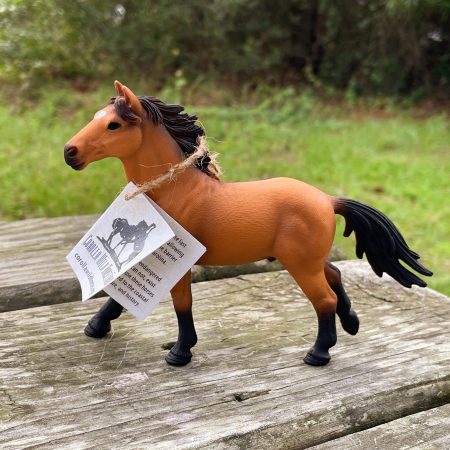 https://www.corollawildhorses.com/wp-content/uploads/2025/08/IMG_8082-scaled.jpg
1920
2560
Corolla Wild Horse Fund
https://www.corollawildhorses.com/wp-content/uploads/2024/01/CWHF-logo-2x.png
Corolla Wild Horse Fund2025-08-05 12:13:092025-10-10 20:00:45Banker Stallion with Story
https://www.corollawildhorses.com/wp-content/uploads/2025/08/IMG_8082-scaled.jpg
1920
2560
Corolla Wild Horse Fund
https://www.corollawildhorses.com/wp-content/uploads/2024/01/CWHF-logo-2x.png
Corolla Wild Horse Fund2025-08-05 12:13:092025-10-10 20:00:45Banker Stallion with Story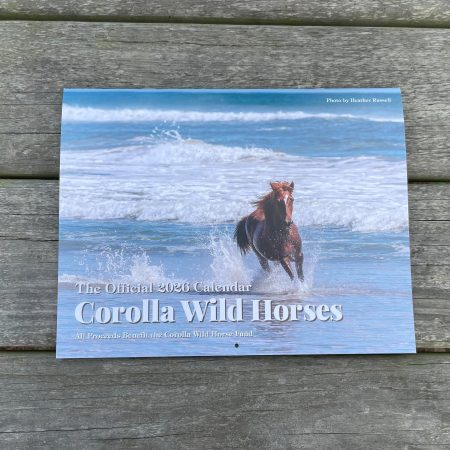 https://www.corollawildhorses.com/wp-content/uploads/2025/07/CXKPR74L5JCX4J63IITSYIHB_1752166923-scaled.jpeg
1920
2560
Corolla Wild Horse Fund
https://www.corollawildhorses.com/wp-content/uploads/2024/01/CWHF-logo-2x.png
Corolla Wild Horse Fund2025-07-10 13:02:022025-10-10 20:00:45CWHF 2026 Calendar
https://www.corollawildhorses.com/wp-content/uploads/2025/07/CXKPR74L5JCX4J63IITSYIHB_1752166923-scaled.jpeg
1920
2560
Corolla Wild Horse Fund
https://www.corollawildhorses.com/wp-content/uploads/2024/01/CWHF-logo-2x.png
Corolla Wild Horse Fund2025-07-10 13:02:022025-10-10 20:00:45CWHF 2026 Calendar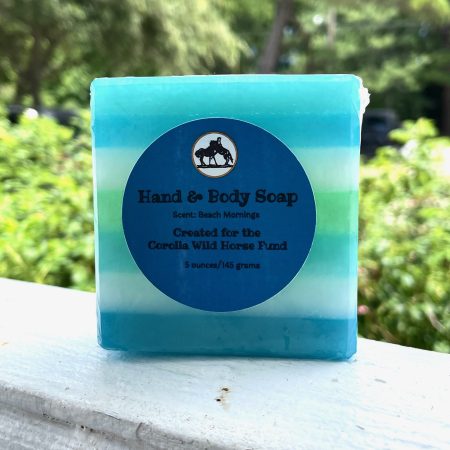 https://www.corollawildhorses.com/wp-content/uploads/2025/07/soap-scaled.jpeg
2560
2554
Dan Gillogly
https://www.corollawildhorses.com/wp-content/uploads/2024/01/CWHF-logo-2x.png
Dan Gillogly2025-07-04 09:45:322025-10-10 20:00:45Beach Retreat Handcrafted Soap
https://www.corollawildhorses.com/wp-content/uploads/2025/07/soap-scaled.jpeg
2560
2554
Dan Gillogly
https://www.corollawildhorses.com/wp-content/uploads/2024/01/CWHF-logo-2x.png
Dan Gillogly2025-07-04 09:45:322025-10-10 20:00:45Beach Retreat Handcrafted Soap https://www.corollawildhorses.com/wp-content/uploads/2025/04/Screenshot-2025-05-01-125951.jpg
419
422
Joe
https://www.corollawildhorses.com/wp-content/uploads/2024/01/CWHF-logo-2x.png
Joe2025-04-29 12:01:342025-10-10 20:00:48The Banker Horses of Corolla – CWHF’s Museum Companion Book
https://www.corollawildhorses.com/wp-content/uploads/2025/04/Screenshot-2025-05-01-125951.jpg
419
422
Joe
https://www.corollawildhorses.com/wp-content/uploads/2024/01/CWHF-logo-2x.png
Joe2025-04-29 12:01:342025-10-10 20:00:48The Banker Horses of Corolla – CWHF’s Museum Companion Book https://www.corollawildhorses.com/wp-content/uploads/2025/04/2YW57WG7OOAM3XLSIUIVCVL2_1745692625.jpeg
2000
2000
Joe
https://www.corollawildhorses.com/wp-content/uploads/2024/01/CWHF-logo-2x.png
Joe2025-04-26 14:52:022025-10-10 20:00:53Butts to the Wind Beach Towel
https://www.corollawildhorses.com/wp-content/uploads/2025/04/2YW57WG7OOAM3XLSIUIVCVL2_1745692625.jpeg
2000
2000
Joe
https://www.corollawildhorses.com/wp-content/uploads/2024/01/CWHF-logo-2x.png
Joe2025-04-26 14:52:022025-10-10 20:00:53Butts to the Wind Beach Towel https://www.corollawildhorses.com/wp-content/uploads/2025/04/A8F36015-BE79-4291-9257-8B3D131BD533.png
2000
2000
Joe
https://www.corollawildhorses.com/wp-content/uploads/2024/01/CWHF-logo-2x.png
Joe2025-04-26 11:59:422025-10-10 20:00:54Wild Banker Horses Ornament
https://www.corollawildhorses.com/wp-content/uploads/2025/04/A8F36015-BE79-4291-9257-8B3D131BD533.png
2000
2000
Joe
https://www.corollawildhorses.com/wp-content/uploads/2024/01/CWHF-logo-2x.png
Joe2025-04-26 11:59:422025-10-10 20:00:54Wild Banker Horses Ornament https://www.corollawildhorses.com/wp-content/uploads/2024/09/2389186287692221506-1-scaled.jpeg
2560
1920
Corolla Wild Horse Fund
https://www.corollawildhorses.com/wp-content/uploads/2024/01/CWHF-logo-2x.png
Corolla Wild Horse Fund2024-09-11 16:58:192025-10-02 12:54:12Your Very Own Raymond
https://www.corollawildhorses.com/wp-content/uploads/2024/09/2389186287692221506-1-scaled.jpeg
2560
1920
Corolla Wild Horse Fund
https://www.corollawildhorses.com/wp-content/uploads/2024/01/CWHF-logo-2x.png
Corolla Wild Horse Fund2024-09-11 16:58:192025-10-02 12:54:12Your Very Own RaymondCWHF Community Cares Partner is how we acknowledge, highlight, and thank local businesses and individuals who embrace the CWHF, our mission and support us diligently. These partnerships are vital to our cause. Together we create shared visions and projects benefiting the horses. We offer goodwill and support to each other while working together to keep our beloved Banker mustangs wild and free.

All’s Well and Ends Well

Introducing Folly

Riptide Goes to Raleigh!

Announcing the first foal of 2025
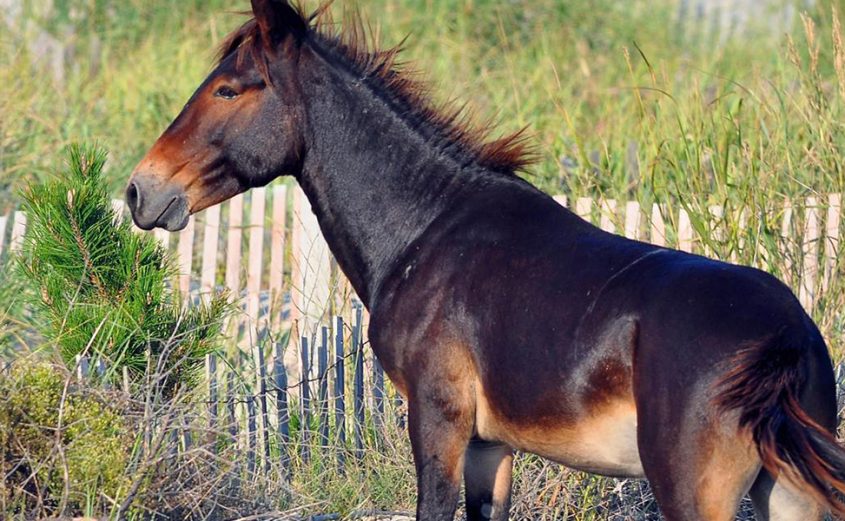
Remembering Raymond
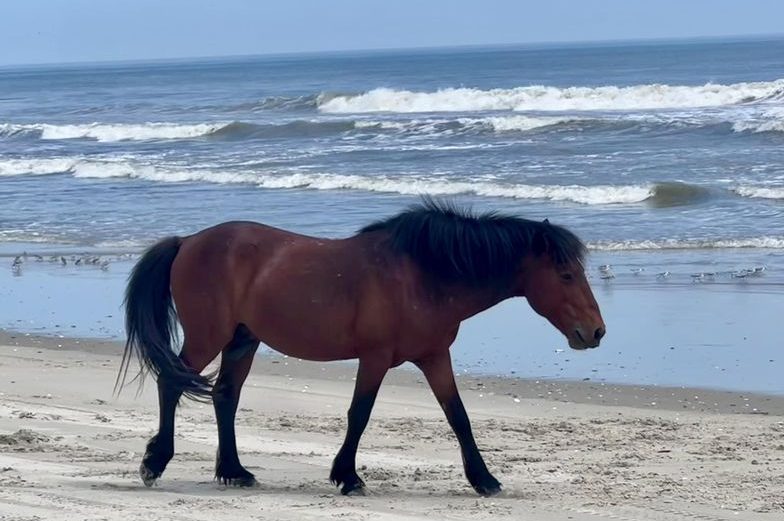
Fatal Wild Horse Incident
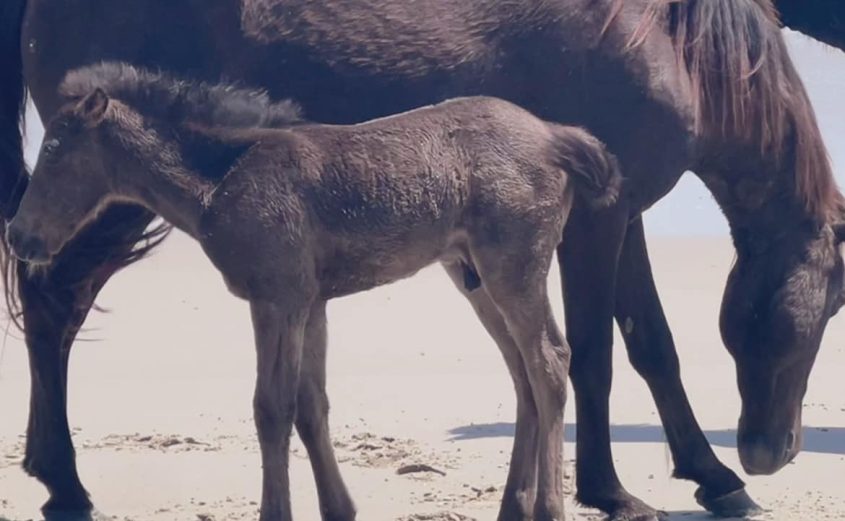
Elvis has arrived!
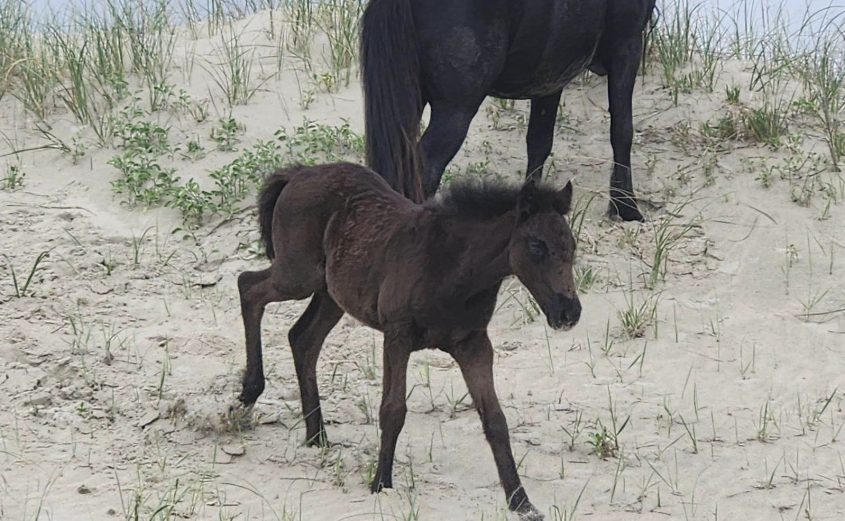
It’s a Girl!
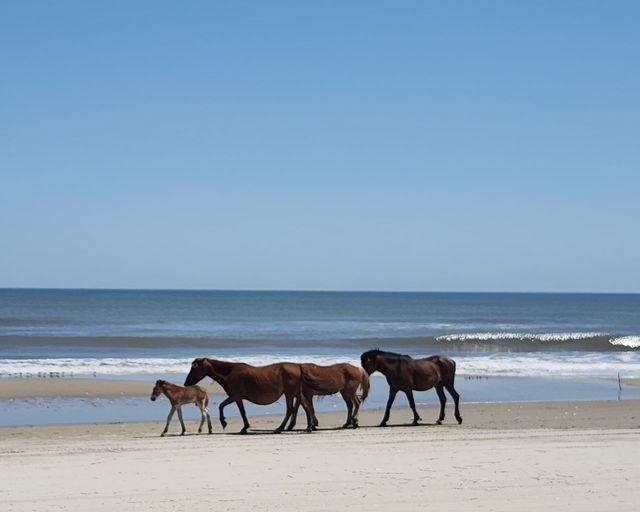
Hello, Ezra!
Facebook Feed
In 2007, CWHF herd managers collected DNA from nineteen of the wild horses. Those samples have been instrumental in helping us build an ancestry that now goes back many generations. As we’ve been collecting DNA from the current herd, we’ve been comparing it to the samples from 2007 - not just to determine parentage and other relationships, but to see if any of those horses are still alive. We have some photographs of the 2007 horses, but matching up identities based solely on colors and markings seen in one photograph is tricky and often produces inaccurate results.
By using DNA we have successfully re-identified a handful of the 2007 horses who are still alive, and recently we were even able to confirm the identity of a horse who passed away last winter.
In the spring of this year we were alerted to the skeletal remains of a horse. After inspecting the remains closely, we found a tiny patch of distinctively shaped white hair that was still left on one of the hind legs. Based on that, the location of the remains, the age of the teeth, and our daily observation logs, we tentatively identified the horse as an older stallion we called Knight, who we’d not seen since the fall. We took a bone sample to send to the lab for DNA and then put Knight’s remains back where we’d found them, in the resting place that he’d chosen for himself.
We recently got the results of Knight’s DNA test back and learned that he was one of the 2007 horses - a stallion named Airman. We have a photo of Airman, but had never considered that he might be Knight since you can’t see the white marking on the leg due to the angle at which the photo was taken. After getting the DNA back and then comparing photos again, we are now certain it was the same horse. Airman was related to a lot of other horses whose DNA we’ve already collected, and by the looks of it was probably related to many more that we’ve yet to get. He may be gone now, but his legacy will grow as we continue our work on this project. Airman’s place in this herd is now permanently recorded, and it’s very possible he will become one of our “foundation” sires. Due to his advanced age it’s highly unlikely that his parents are still alive to collect DNA from, so his family line begins with him.
As we continue to collect DNA and work to reconcile nearly 40 years of records, we will surely uncover more stories like Knight’s. They remind us of how important the science is - how critical it is to work methodically and carefully, to not make assumptions, to be open-minded to change, and to learn from and build upon our past. They are a testament to the decades of tireless work that’s gone into managing and protecting this herd; to all of the people who helped build the foundation for this project. And perhaps most importantly, it ensures that these horses and the lives they’ve lived will never be forgotten.
Knight lived a long, wild life and in the end returned to the earth that made him and sustained him. We could not ask for anything more or better for any of these horses. He never had a human hand laid on him, but he still impacted our work in ways that will benefit the herd for many generations to come. What a legacy, and a life worth celebrating.
Rest easy now, Airman.
... See MoreSee Less


 +1
+1
- likes love haha wow sad angry 4055
- Shares: 223
- Comments: 123
123 CommentsComment on Facebook
It is unfortunately looking more and more like this weekend is going to be a complete washout, so we've made the decision to postpone the fall open house to November 1. We apologize for any inconvenience or disappointment this causes, and hope that everyone can make the new date. ... See MoreSee Less

9 CommentsComment on Facebook
We are keeping a very close eye on the forecast for Saturday, the day of our fall open house at the farm. Hopefully this storm decides to stay off the coast and we won’t get rained out! A few showers are one thing, but no one is going to have fun in nor’easter rain - take our word for it! 😉 We will most likely make a final decision on Wednesday so keep an eye on this space for an announcement one way or the other. 🤞 ... See MoreSee Less


5 CommentsComment on Facebook
This year’s exclusive Middleton Clay Project holiday ornament features rescue farm resident Arrow! 💘
These ornaments are one-of-a-kind, made with native Currituck clay and infused with Arrow’s hair. You can order one from their website now 👇🏻 or come to our farm open house on October 11 and grab one in person! There will also be a live demonstration where you can see how the hair is burned into the pot, and then the pots made during the event will be raffled off. Don’t miss it!
More information about the farm open house: www.corollawildhorses.com/event/fall-open-house-at-the-rescue-farm/
... See MoreSee Less
This content isn't available right now
When this happens, it's usually because the owner only shared it with a small group of people, changed who can see it or it's been deleted.5 CommentsComment on Facebook
The end of September on The Northern Outer Banks - some photos of the wild horses taken by our staff as they've been out monitoring the herd over the last 10 days or so. 🐴🍂
www.corollawildhorses.org
... See MoreSee Less


 +6
+6
63 CommentsComment on Facebook
An update on JW, the horse we removed from the wild last Saturday (first post: www.facebook.com/share/19qPtFf6j8/)
JW has been slowly but surely improving in the week that he’s been at the farm. Our main goal for him right now is to make sure he is consistently eating and drinking, his bodily functions remain normal, and that he’s feeling settled and comfortable in his new home and around us. He’s been spending a lot of time resting, a lot of time grazing, and most recently, a lot of time enjoying getting scratches on his face and neck. He figured out the fans in his stall real quick (it’s been ridiculously hot this week) and can be found napping in front of them throughout the day. In the last day or so he’s started paying more attention to where we are and what we’re doing, and is beginning to seek out attention (and ok, maybe food too 😉) from us. Great progress!
Our vet was over on Wednesday to do a recheck, and we elected not to do anything too invasive that would require us to restrain him since we’ve been so successful in gaining his trust, and because he has been consistently improving since we brought him in on Saturday. Because of his age and his condition, stress could cause additional complications that could damage this progress. The supportive care we’ve been providing since Saturday is working, so we are staying the course with that.
His teeth are of some concern (an external exam indicated some missing and probably broken molars, which is not uncommon for an old, wild stallion) but very often in these cases doing anything to try and “fix” them actually causes more damage. Once he is more stable and more comfortable being handled we will do a more thorough exam. For now we will continue to feed him a diet appropriate for a horse his age and in his condition, and will monitor him very closely for any signs of difficulty chewing, swallowing, etc. We’ve been feeding him very small amounts of chopped hay that is easier for him to chew, he does have some grass in his paddocks, and on Wednesday we began slowly introducing him to a feed formulated especially for senior horses.
Late yesterday afternoon he passed a major milestone by drinking water out of the trough. It was cause for major celebration in the group text - if you have any experience with horses you know what a relief it is to see an unwell horse take a big drink of water! Before that he was only drinking from buckets we had placed around his paddock that had hay in them, which was doing the trick in a pinch but we were concerned that he wasn’t consuming as much water as he needed. He was pretty dehydrated when we brought him in on Saturday, but is really doing much better now.
He did some damage to his face when he was rolling and thrashing around on Saturday, but luckily it’s all external and superficial. We were a bit worried that sand may have scratched his eyes, but they’ve cleared up nicely thanks to antibiotic ointment. The abrasions around his eyes are superficial and already starting to heal up, and he’s been very agreeable to having them cleaned and ointment being applied to them.
We are still very much in the “day at a time” stage with JW, but he has been steadily moving in the right direction and we are very encouraged by his progress over the last six days. Like many of the other older horses on the farm he is going to require a high level of care and monitoring for the rest of his time with us, but we are well-equipped and well-experienced to handle that.
We could certainly use your help, though! The costs associated with keeping these older horses healthy and comfortable can get quite high. With JW’s addition to the herd at the farm, we will be going through more senior hay and feed, he will have on-going medical costs for the foreseeable future, we will probably need to order him some blankets for the winter - the list goes on and can change at a moment’s notice. Your dedicated support means that we can roll with the punches as they come and remain confident that we will always be able to provide the life-saving and life-supporting care that these horses require.
There are lots of ways to get involved that will make a very significant difference in these horses’ lives: www.corollawildhorses.com/support-corolla-wild-horse-fund/
And don’t forget that we are having a fall open house at the farm on October 11 from 10am-2pm. Come meet all of the rescued horses, chat with our staff about how we care for them and their wild counterparts, and see firsthand how important your support is and what an impact it makes! More information: www.corollawildhorses.com/event/fall-open-house-at-the-rescue-farm/
... See MoreSee Less


 +2
+2
136 CommentsComment on Facebook
Mark your calendars for our Fall open house at the farm, taking place on Saturday, October 11. More info 👇🏻 ... See MoreSee Less
This content isn't available right now
When this happens, it's usually because the owner only shared it with a small group of people, changed who can see it or it's been deleted.3 CommentsComment on Facebook
Winter is coming and that means we are starting to stock up on hay for the horses at the rescue farm. Learn more about how the horses at the farm are fed and consider making a donation towards their care today. Every dollar makes an incredible difference; your support ensures a happy, healthy, comfortable future for each and every horse that calls our farm home!
Support the horses: www.corollawildhorses.com/support-corolla-wild-horse-fund/
And mark your calendars for Saturday, October 11 when we will be hosting our fall open house at the farm! Come meet all of the rescued horses in our care and chat with our staff who care for them and their wild counterparts. More information: www.corollawildhorses.com/event/fall-open-house-at-the-rescue-farm/
... See MoreSee Less
11 CommentsComment on Facebook
The CWHF rescue farm is home to twenty very special horses. Each of them was born in the wild but had to be removed for various reasons, ranging from life-threatening injuries and medical conditions, to severe habituation and behavioral issues that put them and humans in danger. Removing a horse from the wild is a last resort option and one that we do not take lightly, but sometimes it is what’s best for the horse’s wellbeing.
Our farm is a sanctuary for these horses; a place where they can live out the rest of their days with the care and support they need to stay healthy, enriched, and safe.
Caring for this many horses, all at different levels of training, different life stages, and with different past traumas and medical issues can be quite a challenge! Each horse is unique and what works best for one might not work for another. We have to be flexible, good at compromise, and patient. But the one thing that rarely changes is the fact that our horses go through a *lot* of hay.
In fact, hay is our biggest regular expense at the farm.
Horses are meant to graze most of the day and night (15-17 hours at the least); otherwise, stomach acid can build up and cause ulcers, and other behavioral issues can arise. And in the winter, a full belly is what keeps horses warm. At the farm, we keep hay in front of the rescue horses 24/7, giving them the chance to forage as naturally as possible.
For the horses who don’t have any special dietary needs, we feed a hay that is low in calories, sugar, and other carbohydrates that we’ve found most closely resembles the type of forage they have available to them in the wild. We put these 700lb bales of hay in slow-feeder nets to make them work a little bit harder for it, mimic grazing behavior, and keep the hay clean and off the ground. The nine mares who share a pasture go through two of these bales every five days or so in the middle of winter. The Bankers are very easy keepers and generally don’t require a lot of calories to survive, so keeping them in good weight while at the same time making sure they have a constant supply of hay can be a challenge!
The farm is also home to several elderly horses who do require a more specialized diet - including our newest rescue JW (more info: www.facebook.com/share/1J4zkZpMma/). JW (also known as Jumper, though he’s not particular about which name you call him 😉) is quite old, and in the two days that he’s been with us we’ve noticed that he has difficulty chewing. This is common for older horses and something that can be managed with proper dental care and appropriate feed.
For right now, JW is being fed a soft hay that is highly palatable, has a high nutritional value, high in fiber, and low in sugar and starch. He’s getting fed several small meals a day, and the hay is soaked in water to make it even softer and also give him some additional hydration. Luckily we already had this hay on hand because it’s what Blossom and Jasmine eat too. In the winter we also supplement the older ones' diets with a feed formulated especially for senior horses so that they have extra calories to help keep them warm and in good weight.
Now that summer is winding down and the amount of hay we are feeding is going up, we are asking for your help to make sure our hay barn (and the horses’ bellies!) stay full all winter. Hay costs have increased significantly over the last couple of years, but it’s not something that we can skimp on. Poor quality hay can cause a whole host of health issues, and we will never jeopardize the health and wellbeing of our horses simply to save a few dollars. Your support makes a world of difference in the rescued horses’ lives - please consider making a donation today, and know that it will go towards keeping them healthy, warm, and happy all winter long.
www.corollawildhorses.com/support-corolla-wild-horse-fund/
... See MoreSee Less


 +2
+2
35 CommentsComment on Facebook
This morning we received a call about an older stallion that was down, displaying signs of pain and discomfort, and seemed unable to get up. He did stand back up on his own, but went up and down a couple more times and was very lethargic. This behavior continued and after monitoring him for several hours without seeing any improvement and the horse not moving much at all, we made the decision to remove him from the wild for veterinary treatment.
He has been examined by our veterinarian and is currently in stable condition at our farm, receiving supportive care and being monitored closely. We do not have any additional details to share at this time, but can confirm that he was not struck by a vehicle as was being speculated on social media earlier today.
(Photo taken late this evening - he wandered out of his stall on his own and started nibbling on grass. An encouraging sign, but he is certainly not out of the woods.)
... See MoreSee Less

226 CommentsComment on Facebook
On Thursday, September 11 at approximately 6:30pm a call was made to 911 to report a horse that was struck by a vehicle in the 2000 block of Sandpiper Rd. Witnesses reported that the horse was hit and fell down, but was able to stand back up on her own and rejoin her group. Fortunately the mare did not sustain any serious injuries and has been moving and behaving normally since the incident.
Statement from the Currituck County Sheriff’s Department:
“Driver was traveling south on Sandfiddler when a horse ran out from his right. Driver hit the horse, watched it get up, and then drove away. Driver was charged with county ordinance sec 3-34. Male driver pleaded guilty to charges, he paid the fine and court costs and was released back to his family.”
Sec. 3-34 of the Currituck County Wild Horse Ordinance states: Notice of injury to authorities. It shall be unlawful for any person injuring a wild horse to fail to notify immediately the animal control officer or sheriff's department.
You can read the ordinance in its entirety here: www.corollawildhorses.com/wp-content/uploads/2012/08/wild-horse-ordinance.pdf
CWHF would like to thank the many witnesses who reached out with information about the incident so that we could identify the mare that was hit and monitor her for any signs of injury. We are extremely relieved that this incident did not result in serious injury or death, but would like to remind all drivers on the 4x4 to always use caution and drive slowly. This mare was the fourth horse to be struck in 2025.
If you witness a horse in danger or distress, please call 252-453-3633 (or 911) immediately.
The photo included in this post is of the mare who was struck, and was taken on Sunday, September 14. Media outlets have permission to share, with credit to CWHF.
... See MoreSee Less

0 CommentsComment on Facebook
Fall on the Outer Banks - the horses are getting fuzzy, the days are getting shorter, the persimmons are ripe, and we had a nor'easter yesterday. Doesn't get much more authentic than that! 🍂
All photos taken today, except for the first one with the persimmon tree, which was taken on Monday.
www.corollawildhorses.org
... See MoreSee Less


 +3
+3
55 CommentsComment on Facebook
Our herd management team located the mare with the granulation tissue in her eye socket early yesterday afternoon. For background on this situation, please see our past posts about it:
First post: www.facebook.com/share/16FqyDaQof/
Second post: www.facebook.com/share/16xBxRewWo/
Friday’s post: www.facebook.com/share/1F3cckDfxi/
As this video shows, the mare is up and moving around freely. We’d like to provide some additional information based on some of the questions and comments we’ve gotten since Friday.
Body condition: This mare is 35+ years old. She has exceeded the normal lifespan of a wild horse, and of most domestic horses as well. She is very old. Her body condition is indicative of her age and not related to the tissue in her eye socket. It is common for a horse’s teeth to wear down as they age causing decreased chewing efficiency. This is a natural part of the aging process. In addition to that, older horses lose muscle tone down their back and hindquarters, which can cause the spine and hips to become more prominent. Age causes their bodies to break down just as it does every other animal.
The tissue in her eye socket: This mare lost her eye several years ago. There is no eye left to remove; what has developed in the eye socket is granulation tissue. This is a response to the body’s healing process and because of that it contains a lot of blood vessels. The tissue has been bleeding and scabbing over all summer - this is not a new development and it is typical for granulation tissue. Antibiotics are not used to treat this condition. There is no viable, humane way to treat or fix this issue for this particular horse; not in April when she first presented with it, and not now. There would be no way to make her any more comfortable at the farm than she currently is in the wild.
Behavior: As this video shows, the mare is moving about freely, she is keeping up with her stallion (he is just out of frame), she is bright and alert, and she is very averse to any human interaction. We only had a minute or two to get zoomed-in photos before she began moving away back into the brush. She is not displaying any of the typical, clinical signs of being in pain. Her behavior is what we’d expect from a wild horse her age.
This mare is eating and drinking, her bodily functions are normal, the mud on her legs indicates that she’s going into the marsh which means she is covering some ground, she is alert and aware of her surroundings and interacting normally with the other horses, and she has made it abundantly clear that human encroachment makes her uncomfortable. We will continue to be as minimally invasive as possible in monitoring her, and adjust our plan accordingly based on the behaviors we observe and under the direction of our herd management team and veterinarian. At this time the mare does not require intervention.
If you see a horse you believe to be in danger or distress, please immediately call 252-453-3633 so that CWHF can be notified and law enforcement can be dispatched if necessary. We are on call 24/7 and can be reached at any time.
... See MoreSee Less
396 CommentsComment on Facebook
A post is circulating around some local Facebook groups about the older mare with the granulated tissue in her eye socket who we’ve been monitoring for the last six months. This post has generated some concern and we wanted to once again give some background and insight into our approach to managing her situation.
For background see our first post about her: www.facebook.com/share/16FqyDaQof/
And our second post about her: www.facebook.com/share/16xBxRewWo/
This mare lost her eye several years ago. There is no eye to remove, and there is no feasible or humane way to treat/remove the tissue that is there now. This was true in April when she first presented with it, and it remains true today. She would not be able to come to the farm and live out the rest of her days any more comfortably than she is living them out now.
At the beginning of August this mare and her stallion began exclusively staying west of the dunes on a large piece of minimally developed private property. The owners generously allowed CWHF access to the area to monitor her, and for several weeks we checked on her every day. Her weight did fluctuate some during several heat waves, but overall her condition was very stable and her behavior remained normal. She began to show signs of irritation at our daily intrusions into her life, so we made the decision to back off and check in on her once or twice a week. The last few times we’ve gone back to look for her (Thursday being the most recent) we have not seen her. We were told by the owners of the property that they’d seen her recently, and that while her overall condition may have looked just a bit worse, she was still behaving normally.
The property is vast, and is bordered by thousands of acres of protected state and federal land that is inaccessible by vehicle and often even by foot. If this mare has chosen to go deep into the brush and marsh we respect her right to solitude away from humans. This is how these horses have lived and died for hundreds of years, and just because we now have drones and long angle lenses and can see it happening doesn’t mean we should be interfering with the natural cycle of life.
The tissue may be very troubling for some people to see, but it's important to remember that making herd management decisions based on our own emotions and conjecture is not in the horses' best interest. We make management decisions based on observable behaviors under the direction of experts in the field. So far this mare has not shown any clinical signs of being in a great amount of pain, she is able to move around freely to eat and drink, and she has consistently shown an aversion to human interaction. She is very wild, and she is doing what a wild horse does at the end of their life. If she is able to die naturally without ever having human hands on her then we will consider that a success. That is what we want for each and every one of these horses.
Anyone who observes a horse they believe to be in distress should immediately report the horse’s location to CWHF. We can be reached any time of the day or night by calling the Currituck County Communications Center at 252-453-3633. They will call us to relay the information and can dispatch law enforcement if necessary.
... See MoreSee Less


72 CommentsComment on Facebook
Foaling season here on the Outer Banks is winding down so we thought we'd do a photo update on this year's foals, including our newest arrival, a filly who was born over the weekend!
The Corolla herd welcomed nine new members in 2025 - six fillies, two colts, and one still unconfirmed (we spotted them from the helicopter earlier this summer, but they do not come out of the marshy areas often and we have no reason to track them down and disturb them - mom and foal both looked great!).
It's not completely out of the ordinary to have a foal born later in the fall so we still may have one or two on the way, but even if we don't we are thrilled with this year's crop! They are all healthy and thriving.
Please remember that foals are very impressionable and easily habituated. Do not encourage them to seek out human attention and definitely never feed them. These youngsters are the future of the Corolla herd and it's imperative that we all work together to ensure their survival in the wild.
... See MoreSee Less


 +6
+6
234 CommentsComment on Facebook
Quick update on the mare and colt we posted about on Friday - both of these photos were taken in the last hour.
The mare is still keeping up with her new harem, grazing, and is more bright and alert than she was on Friday. The wound on her shoulder is looking like we’d expect it to. Not at a very pretty stage of the healing process, but draining as it should.
Her colt is still with his harem as well (there are no other horses with him in that photo but they were close by - don’t worry!). He’s maintaining weight and seems completely relaxed and happy.
This continues to be a “day at a time” situation but so far today things are looking good! 🤞
(Original post about these two is just below this one.)
... See MoreSee Less


58 CommentsComment on Facebook
We’ve been getting a lot of calls about a mare who is thin, and has a puncture wound on her shoulder from a stallion bite. We wanted to share some details about the situation and assure everyone we are monitoring her very closely under the direction of our veterinarian.
This mare had her first foal this year. Being pregnant through the winter and then giving birth and nursing through early spring was hard on her, and she did drop quite a bit of weight. Her foal has been in excellent shape since he was born, so she was doing a good job, it was just taking a lot out of her. Interestingly, her mother was exactly the same way when she had her (she was her mother’s first foal). After she was weaned, her mother plumped right back up and then with her second foal didn't drop any weight. We are interested to see if this will be the case with her as well - perhaps this is typical for this particular family line, and that kind of information can help us with future breed conservation and herd management decisions.
Anyway, fast forward to this past Monday when our staff saw the colt with the harem but there was no sign of his mom. He was interacting normally with the other horses in the group, grazing, in excellent body condition, and not displaying any signs of stress. We touched base with the vet just to be on the safe side, but decided not to intervene at that point since everything seemed fine and he is old enough to be weaned. We are continuing to monitor him closely and will step in if necessary but so far, so good.
On Tuesday we located his mother with a different group of horses, and she had a bite wound on her shoulder. We believe that two stallions were fighting over mares and she got stolen and then separated from her colt and the other harem.
The puncture wound on her shoulder is probably not life-threatening. It’s draining well and we’ve had countless other horses with similar and even worse wounds heal up with no problem and no need for intervention. Her body condition is definitely of some concern, but we hope that now that she’s not losing calories to a nursing foal she will start to gain some weight back. We still have at least three months of warm weather and plenty to eat, so as long as she continues to keep up with her harem and behave normally we will not intervene.
Young mares are invaluable when it comes to the genetic health and long-term wellbeing of the herd, so we want to give her every chance to heal on her own so she can stay wild. This is also a normal, natural (albeit sometimes uncomfortable for us) part of being a wild horse. We will continue to monitor her closely, update our vet regularly, and be prepared to step in if that becomes the appropriate course of action.
We are very appreciative of everyone who has reached out in concern over the last few days. If you witness a horse in distress or danger, please never hesitate to call our office during business hours (252-453-8002) or county dispatch any time of the day or night (252-453-3633). We are on-call 24/7.
*Photo taken a couple weeks ago, before mare and foal were separated.
... See MoreSee Less

180 CommentsComment on Facebook
Today is our last farm open house of the summer season! It’s a beautiful day - come out and meet the rescued Banker horses in our care.
(Our fall open house will take place on October 11 - details to follow!)
... See MoreSee Less
This content isn't available right now
When this happens, it's usually because the owner only shared it with a small group of people, changed who can see it or it's been deleted.1 CommentsComment on Facebook
Middleton Clay Project is doing one last run of Raymond pots. 🩵 Preorder now - link below. ... See MoreSee Less
This content isn't available right now
When this happens, it's usually because the owner only shared it with a small group of people, changed who can see it or it's been deleted.5 CommentsComment on Facebook
The wild horses are just fine and doing exactly what they do any time the weather is bad - using the live oaks for cover but generally just going about their business as usual. All in all the impacts from Hurricane Erin haven’t been too bad here on the north beach. We are extremely grateful for that! Once we get through tonight’s high tide things should hopefully start getting back to normal. 🌊🐴 ... See MoreSee Less
121 CommentsComment on Facebook
Corolla Wild Horse Fund
1130E Corolla Village Road
Corolla, NC 27927
(252) 453-8002
MUSEUM & GIFT SHOP
OPEN:
Monday – Friday
9:00 AM – 3:00 PM
PAGES
CONNECT WITH US
SIGN UP FOR OUR NEWSLETTER
Get the latest updates on the Banker horses and our work to protect and preserve them
